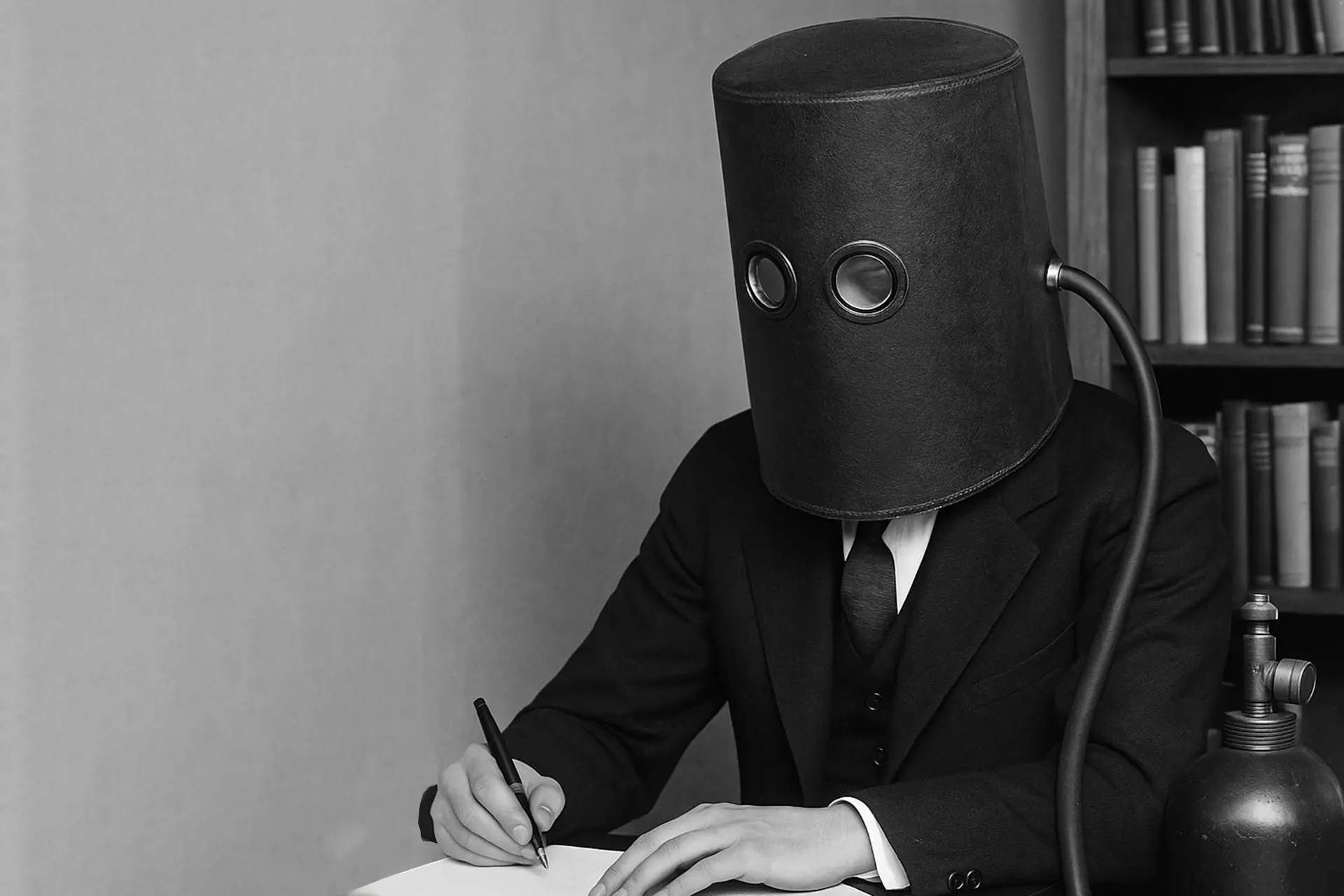Living with or loving someone who has Attention Deficit Hyperactivity Disorder (ADHD) can be deeply rewarding — and at times, challenging. ADHD affects how people focus, regulate emotions, organise tasks, and manage impulses, and these differences can shape the dynamics of a relationship in complex ways.
When one partner has ADHD, both people often feel the impact. The partner with ADHD may feel misunderstood, criticised, or ashamed. The non-ADHD partner may feel exhausted, neglected, or unsure how to help. With understanding, communication, and tailored support, however, couples can build relationships that are not only functional, but genuinely fulfilling.
ADHD and Relationships: A Hidden Dynamic
ADHD is a neurodevelopmental condition, not a personality flaw or behavioural choice. It affects how the brain regulates attention, motivation, and executive functions — skills involved in planning, prioritising, and following through.
In adult relationships, these difficulties can show up as:
- Forgetting plans, dates, or chores
- Being easily distracted during conversations
- Starting but not finishing household tasks
- Struggling with time management or finances
- Emotional impulsivity — quick reactions, frustration, or mood swings
These patterns can unintentionally create tension. The non-ADHD partner might feel that the person with ADHD is inconsistent or inattentive, while the partner with ADHD may feel criticised or controlled. Without understanding the neurological basis of ADHD, it’s easy for both partners to misinterpret each other’s behaviour.
Understanding the ADHD Experience
For many people with ADHD, life can feel like a series of unfinished projects and unintentional disappointments. They may know what they want to do but struggle to execute it — a frustration that can lead to guilt or shame.
Common internal experiences include:
- Feeling “lazy” despite constant effort
- Emotional overwhelm and rejection sensitivity
- Difficulty maintaining focus, especially on tasks that feel repetitive
- Intense interest (“hyperfocus”) on certain activities, sometimes to the exclusion of others
- Sensitivity to conflict or criticism
Recognising that these are neurological patterns, not personal failings, is key to fostering empathy and healthier communication in a relationship.
The Emotional Impact on Partners
Loving someone with ADHD can be both enriching and demanding. Non-ADHD partners often describe experiencing:
- Frustration at repeated forgetfulness or disorganisation
- Feeling as though they have to “parent” their partner
- Loneliness or resentment if emotional needs aren’t met
- Guilt for feeling angry or impatient
These feelings are valid — ADHD affects the relationship system, not just the individual. When partners acknowledge the impact on both sides, it opens the door to collaboration rather than blame.
Shifting from Blame to Understanding
It’s natural for conflict to arise when ADHD symptoms are misunderstood. The key is shifting from “You’re not trying hard enough” to “Your brain works differently — how can we work with that?”
A few principles help reframe the dynamic:
- ADHD is not an excuse, but it is an explanation.
Understanding ADHD helps partners respond with compassion while still maintaining healthy boundaries. - Intentions matter.
Forgetting to reply or missing a date isn’t usually carelessness — it’s a symptom of executive dysfunction. - Avoid “parent–child” dynamics.
When one partner becomes the organiser or reminder, the balance of equality can erode. Shared systems — not supervision — work best. - Communicate about the system, not the symptom.
Instead of “You never help around the house,” try “How can we make household tasks easier to remember or share?”
Practical Strategies for Couples
Every couple is unique, but some strategies can make a significant difference when ADHD is part of the picture.
- Open and Honest Communication
Create regular, calm opportunities to talk about how ADHD affects your relationship. Avoid bringing it up only in moments of frustration. Using “I” statements — “I feel overwhelmed when plans change suddenly” — helps prevent defensiveness and keeps the focus on shared problem-solving.
- Shared Systems and Routines
External structures can compensate for executive-function challenges. Try:
- Shared digital calendars or reminders
- Visual checklists for chores or shopping
- Consistent daily routines for sleep, meals, and downtime
- Dividing tasks based on strengths rather than fairness — if one partner struggles with bills, perhaps the other manages finances while they take on a different area of responsibility
- Emotional Regulation
ADHD is strongly linked with emotional dysregulation — quick frustration, sensitivity to rejection, or feeling easily overwhelmed. Both partners benefit from strategies such as:
- Pausing before responding during conflict
- Taking short breaks to calm down
- Using grounding techniques (deep breathing, brief walks, mindfulness)
- Discussing patterns after, not during, arguments
Therapists often remind couples that emotional regulation is a skill, not a moral virtue — and it can be learned.
- Remember the Positives
It’s easy to focus on what’s difficult, but ADHD also brings unique strengths to relationships: creativity, humour, spontaneity, emotional depth, and passion. Noticing and verbalising appreciation can transform the relational atmosphere.
- Consider Professional Support
Couples therapy with a clinician experienced in ADHD can help partners understand the condition, improve communication, and create tailored systems. Individual therapy may also help each partner manage their own responses and responsibilities.
The Role of Medication and Psychological Support
Medication can be life-changing for some adults with ADHD, improving attention, focus, and emotional regulation. However, it’s rarely a standalone solution. Combining medication with psychological support produces the best outcomes.
Therapeutic approaches such as Cognitive Behavioural Therapy (CBT), Acceptance and Commitment Therapy (ACT), and Compassion-Focused Therapy can help individuals and couples navigate the emotional side of ADHD — shame, frustration, or relationship fatigue.
If you or your partner are exploring this route, it’s best to work with a qualified clinician who specialises in adult ADHD assessment and treatment, following current NICE guidelines.
When ADHD Goes Unrecognised
In some relationships, ADHD isn’t identified until well into adulthood. The non-ADHD partner may have spent years trying to make sense of patterns that never seemed to change — chronic lateness, disorganisation, emotional reactivity — without realising there’s a neurological cause.
When ADHD finally is diagnosed, couples often go through a period of adjustment. It can bring:
- Relief (“So this isn’t just us”)
- Grief for lost years or misunderstandings
- Hope as treatment and insight begin to shift dynamics
The diagnosis doesn’t erase past struggles, but it provides a roadmap for understanding and change.
Supporting Without Losing Yourself
Supportive partners often give so much that they risk neglecting their own wellbeing. It’s important to:
- Set clear boundaries around responsibilities
- Avoid taking over tasks entirely
- Seek support for yourself (friends, therapy, or peer groups)
- Recognise your limits — empathy is essential, but so is self-care
Healthy relationships balance compassion with accountability. Both partners need to feel heard, valued, and supported.
Rebuilding Trust and Connection
If past misunderstandings have created tension or resentment, rebuilding trust takes time. Here are some ways couples can reconnect:
- Celebrate small wins and progress, not just outcomes
- Express appreciation for effort, not perfection
- Schedule time for shared joy and relaxation
- Revisit goals together — not just “What needs fixing?” but “What do we want to build together?”
These moments of connection remind both partners why they chose each other in the first place.
The Hopeful Perspective
Many couples discover that learning about ADHD actually strengthens their relationship. With insight and empathy, old patterns can be replaced by understanding and teamwork.
The goal isn’t to eliminate ADHD traits, but to create a partnership that embraces neurodiversity — one that works with ADHD rather than against it. With support, couples can thrive, communicate effectively, and rediscover joy in their connection.
When to Seek Professional Help
If conflict, stress, or misunderstanding around ADHD is affecting your relationship, it may be time to reach out for support. A clinical psychologist experienced in adult ADHD can help clarify whether ADHD may be contributing to the difficulties and offer tailored strategies.
Therapy isn’t about assigning blame — it’s about building understanding and practical solutions that help you both feel secure and valued.
Final Thoughts
Supporting a partner with ADHD involves patience, communication, and compassion — for both of you. While ADHD can create challenges in relationships, it doesn’t define them. Understanding, professional support, and self-awareness can transform frustration into connection and mutual growth.
Every relationship has its unique rhythm. With empathy and insight, yours can find a balance that honours both partners and the neurodiverse strengths you bring to one another.
References
- National Institute for Health and Care Excellence (NICE). (2018). Attention deficit hyperactivity disorder: diagnosis and management (NICE guideline NG87).
- NHS. (2024). Overview: Attention deficit hyperactivity disorder (ADHD). NHS.uk
- Barkley, R. A. (2015). Attention-Deficit Hyperactivity Disorder: A Handbook for Diagnosis and Treatment (4th ed.). Guilford Press.
- Ramsay, J. R., & Rostain, A. L. (2016). Cognitive-Behavioral Therapy for Adult ADHD: An Integrative Psychosocial and Medical Approach (2nd ed.). Routledge.
- Solden, S., & Frank, M. (2019). A Radical Guide for Women with ADHD: Embrace Neurodiversity, Live Boldly, and Break Through Barriers. New Harbinger Publications.
- Canu, W. H., & Carlson, C. L. (2007). Reconsidering differences in ADHD symptom presentation and associated features among males and females. Clinical Psychology Review, 27(5), 573–588.
- Edelman, N. (2020). Supporting relationships when one partner has ADHD. British Psychological Society, Division of Clinical Psychology, Good Practice Guidelines.
Ready to Take the Next Step?
If you or your partner are struggling with the effects of ADHD, compassionate and evidence-based support can make a real difference. As a Clinical Psychologist specialising in ADHD assessment and treatment, I work with individuals to improve understanding, communication, and emotional wellbeing.
You can get in touch to discuss assessment or therapy options and explore how we can work together to help you thrive.



